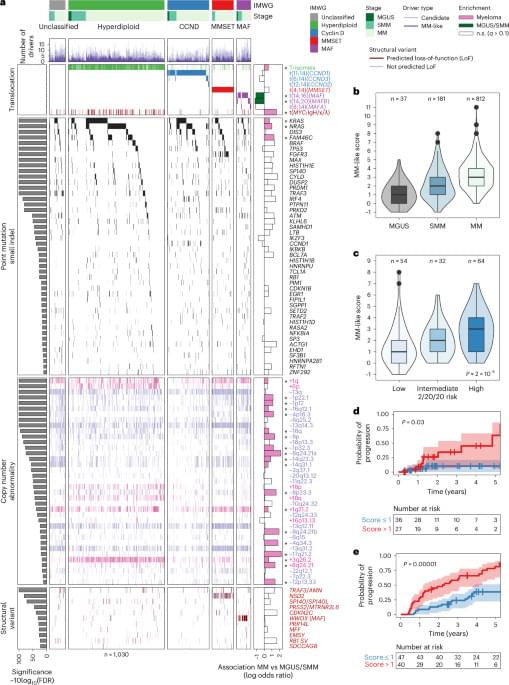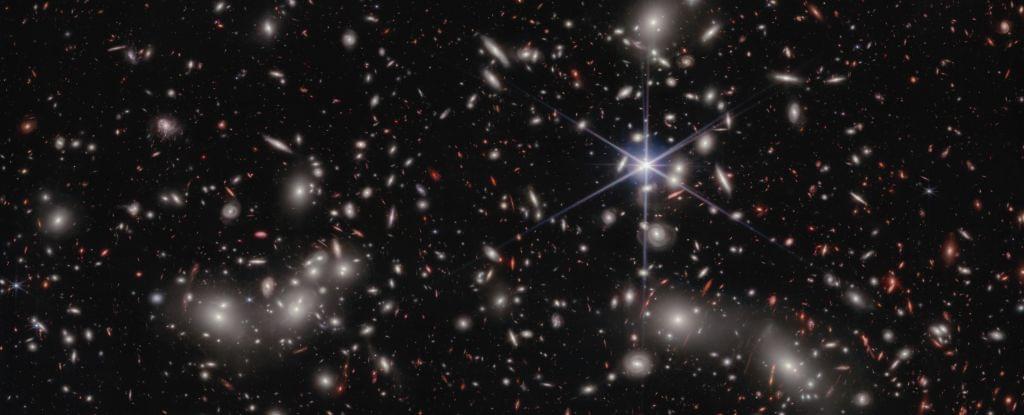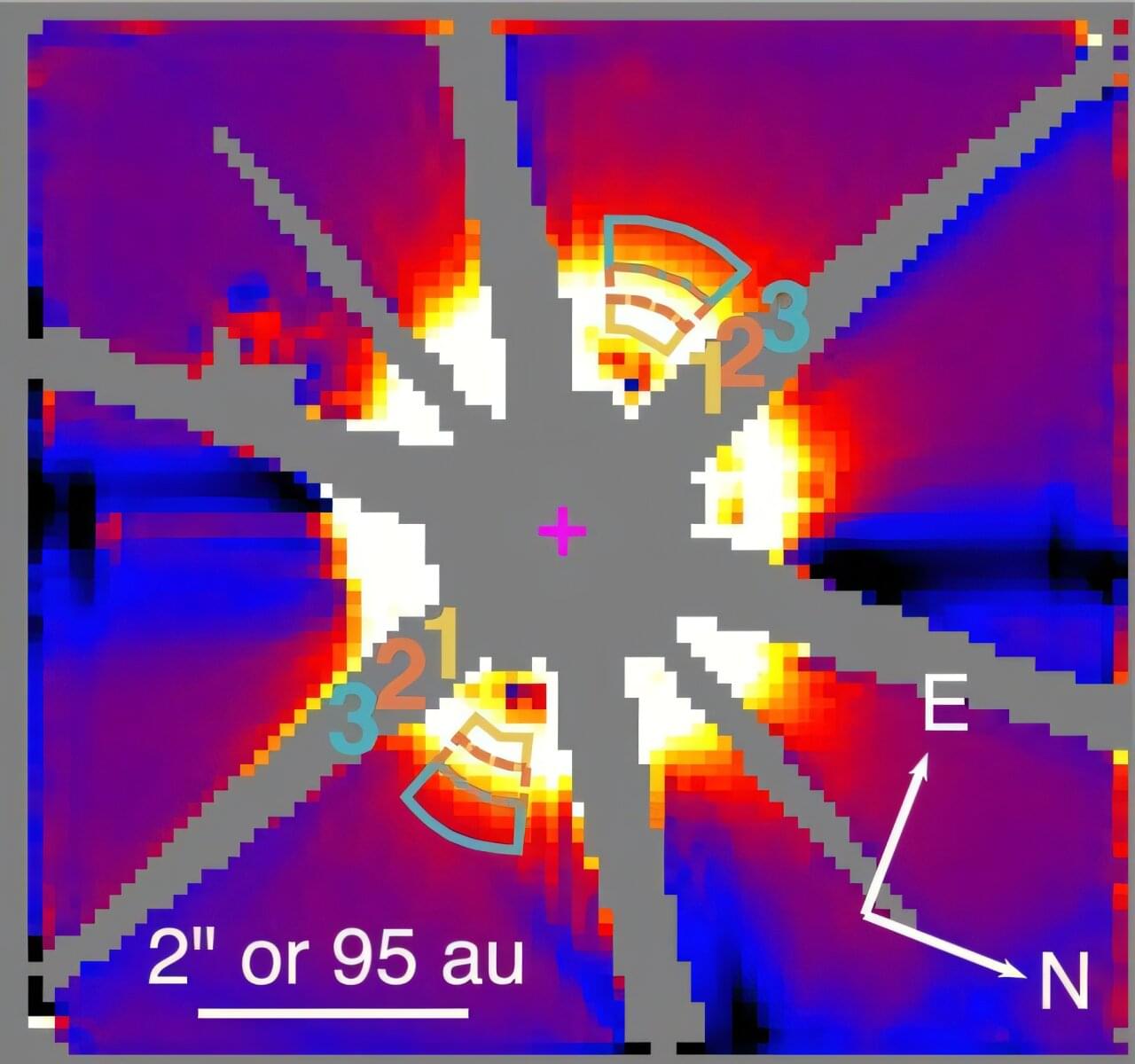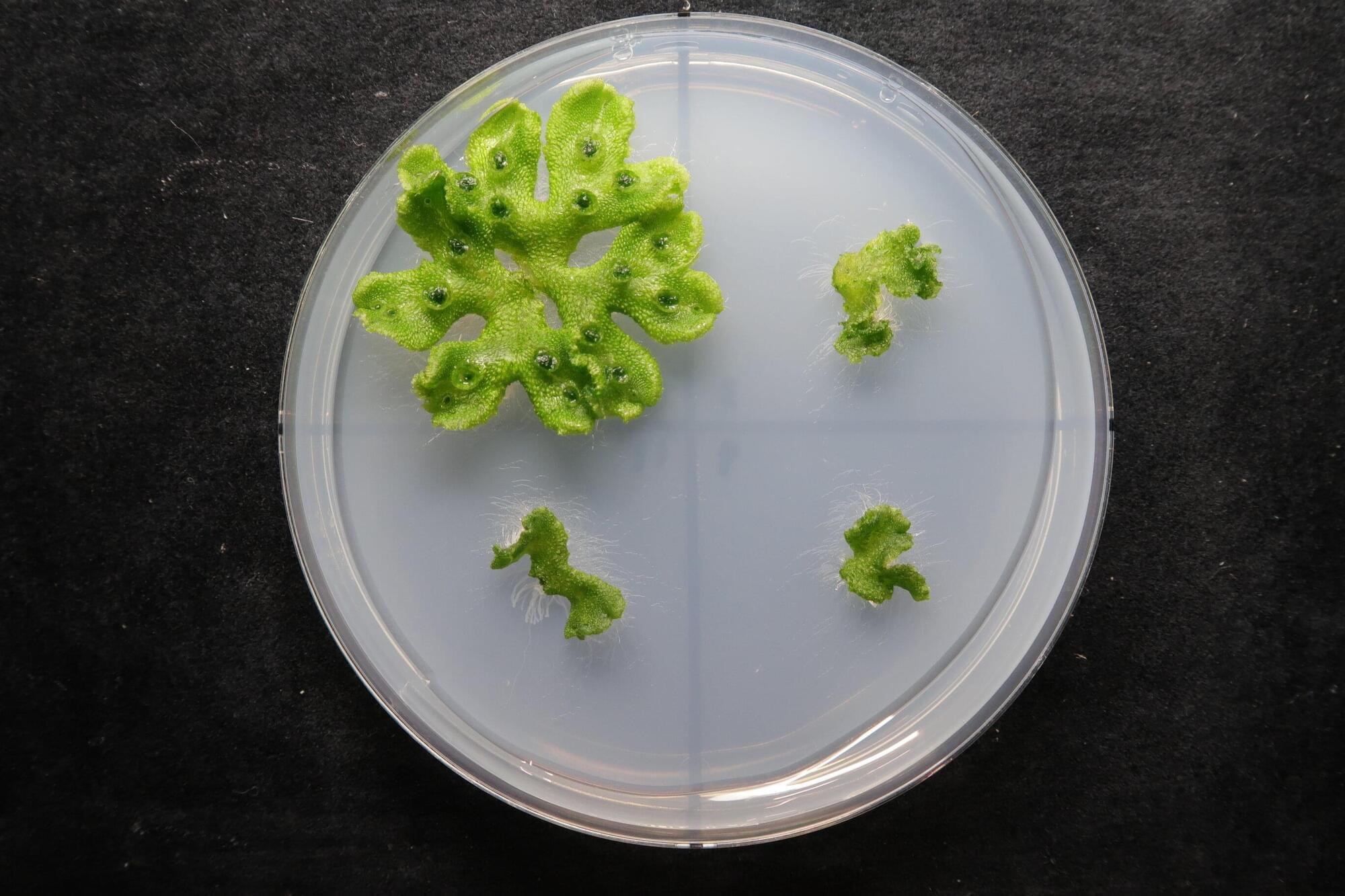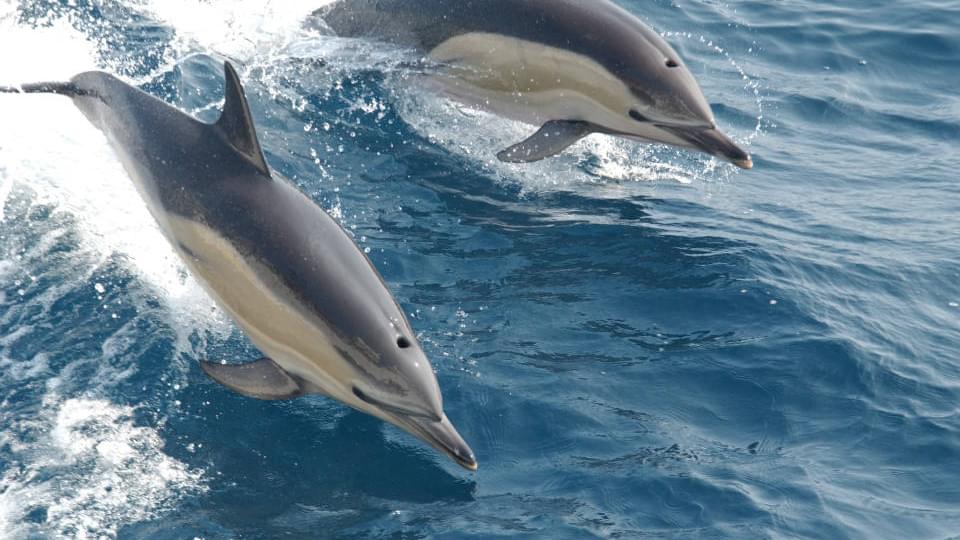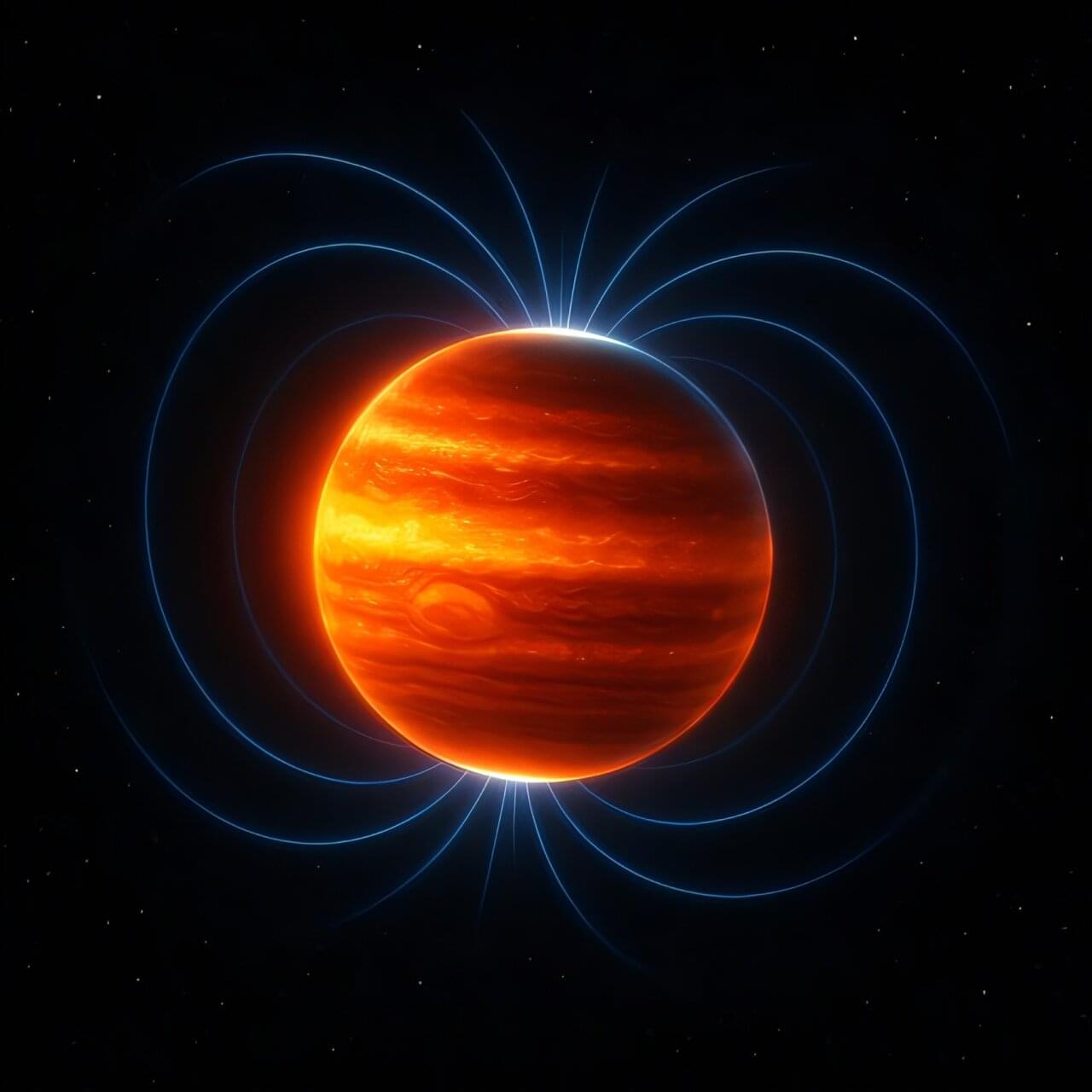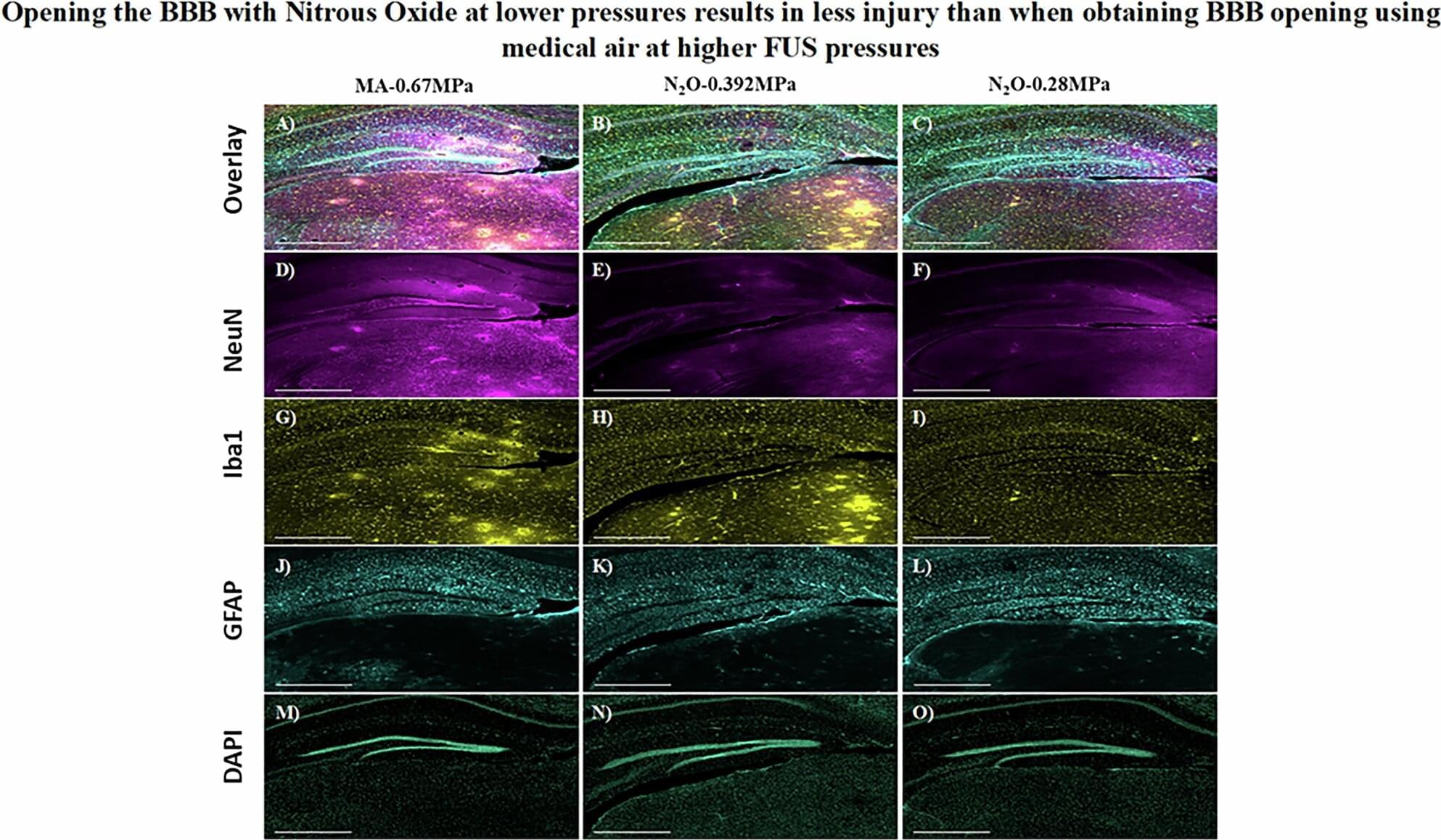Scientists have uncovered a critical role for rapid DNA repair in maintaining genome stability. A new study reveals that repair of double-strand breaks (DSBs) in nuclear DNA in plants serves as a powerful safeguard against the integration of foreign DNA from chloroplasts—a phenomenon that, while important for evolution, can be highly destabilizing to the genome. The research expands our knowledge about plant genome evolution and also has relevance to the medical field.
The findings, presented by Dr. Enrique Gonzalez-Duran and Prof. Dr. Ralph Bock from the Max Planck Institute of Molecular Plant Physiology in Nature Plants, shed new light on endosymbiotic gene transfer (EGT)—an ongoing evolutionary process in which genes from organelles such as chloroplasts and mitochondria are relocated into the nuclear genome.
While successful gene transfers help the nucleus to better coordinate its function with that of the organelles, they also pose risks: Mutations arising from DNA insertion can disrupt essential nuclear genes and provoke harmful rearrangements.


